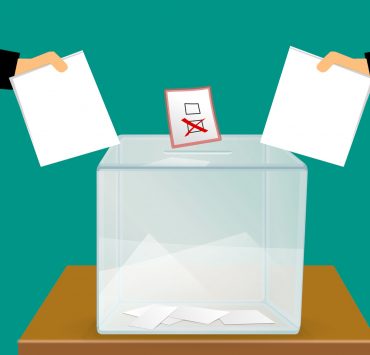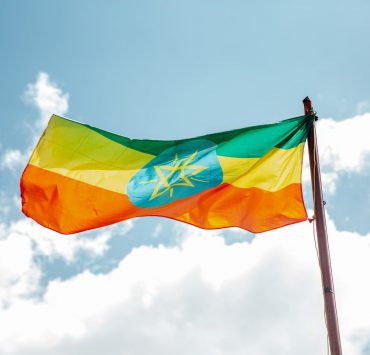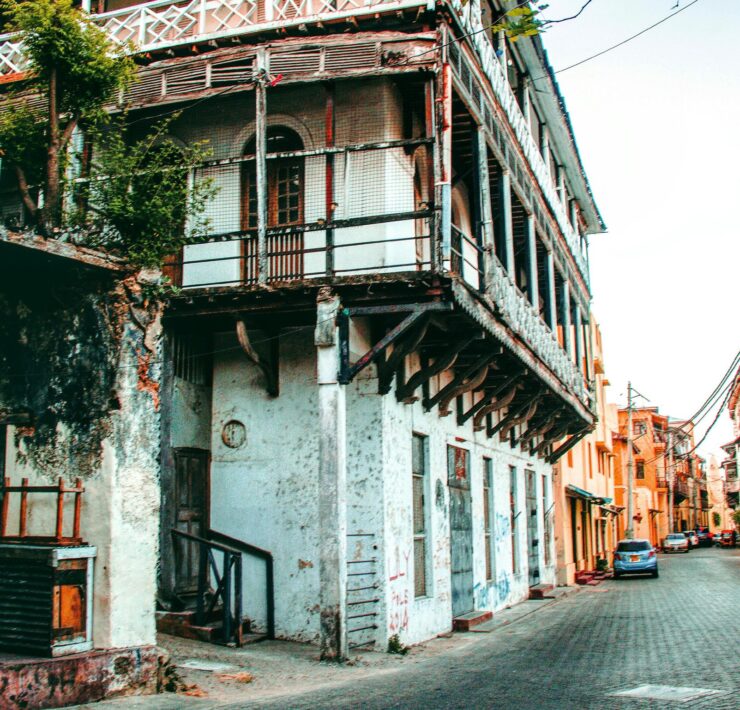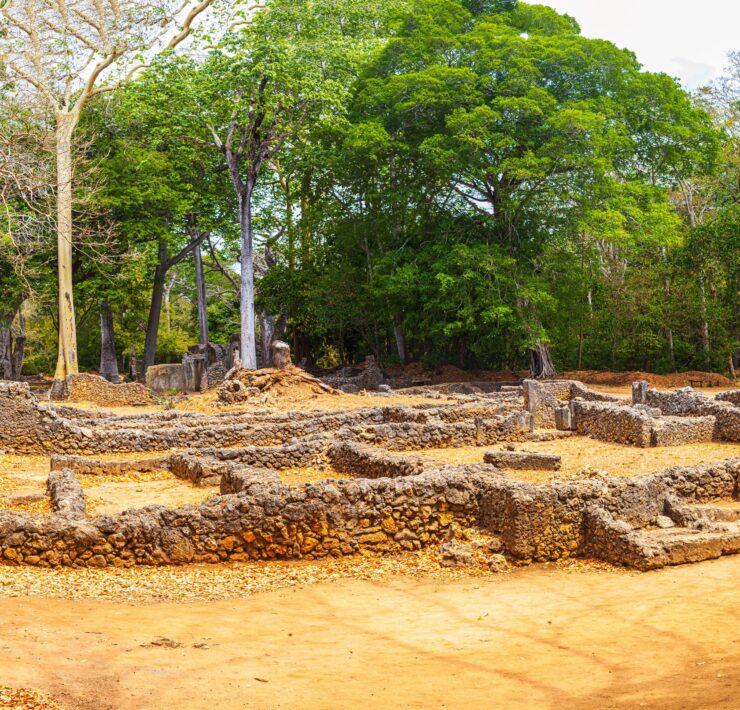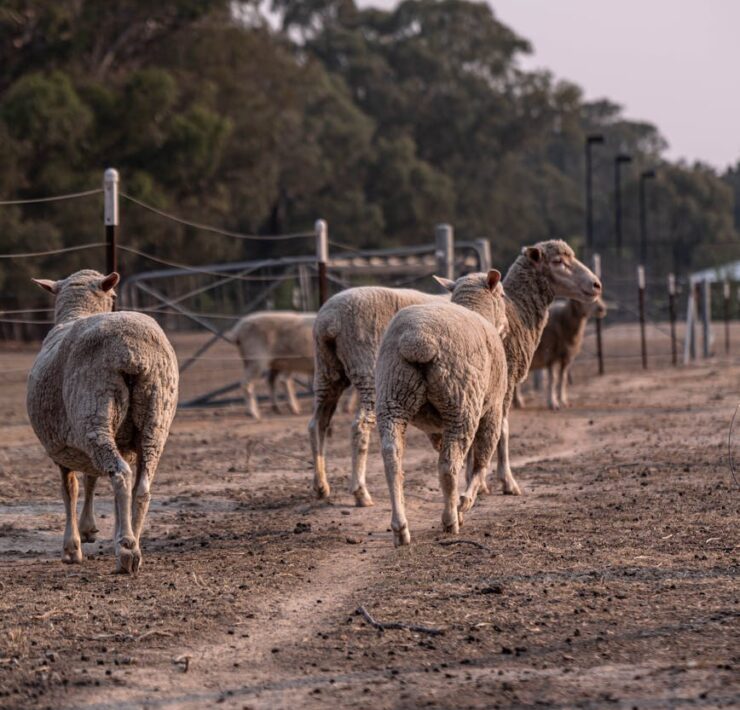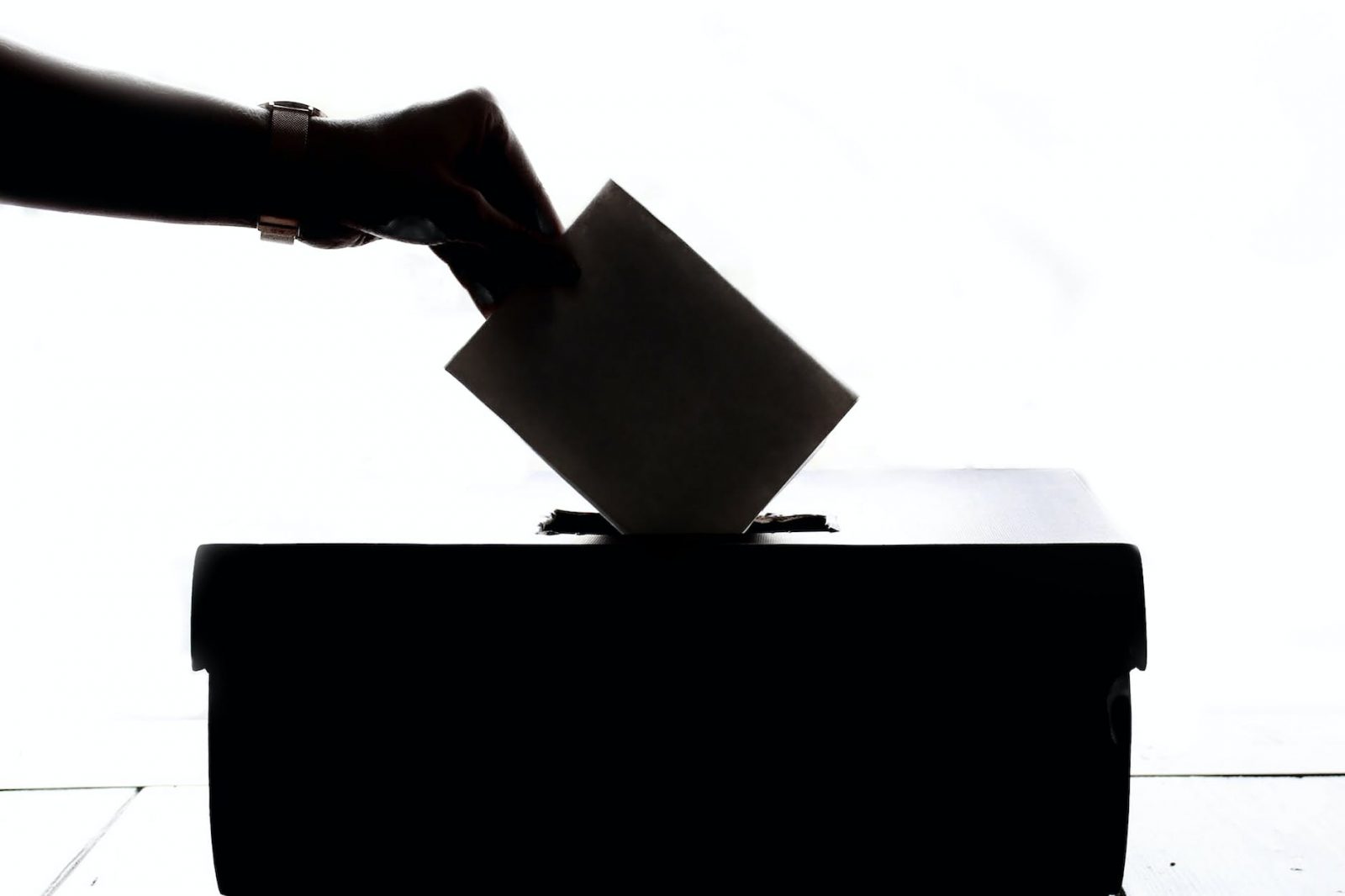
Abel Merawi is from Addis Ababa. He is an English…
Oftentimes, protests are the harbingers of African ‘democratic’ elections while teargas and bludgeon herald the real promise of the ‘elected’ government. What is your definition of and expectation from democracy? As a modern catchphrase, democracy is uttered everywhere. I think democracy is as good as the people and the government. I hope and accept democracy is realized in some nations, but my African experience is different. Let us begin with the citizenry that constitutes a democratic state, and proceed to the existence of democratic institutions.
Democratic People
Democracy is as elusive a concept as its preceding and competing notions such as authoritarianism or socialism. This is because the elements that encompass democracy place requirements on not just the government but also on the people and the institutions serving as outlets. Even in the case of authoritarian governments, dictators attempt to persuade the people because if ‘subjects’ don’t accept the propaganda of living under dictatorship and institutions of force, it could not survive with sheer force. The same applies to socialism, which can only survive with the direct or indirect acceptance of the people and centralized institutions that further its dominance. In the same manner, democracy only functions through the establishment of democratic institutions and from the willingness of people to democratically use such outlets. While the principles apply globally, our primary focus will be Africa.
Democracy is brought about by the various historical forces that create generational resistance against forms of oppression. Contrary to elitist assumptions, democracy is not the offspring of intellectual discussions or laboratory experiments. The peasants who rebelled against feudal lords knew the injustice of feudalism, which doesn’t necessarily mean they fought for democracy. For instance, the Civil Code resulted in the aftermath of the French Revolution, thanks to Napoleon’s willful act of ridding feudalism and giving equal status to every citizen. As for the people, they always knew injustice and fought tirelessly against it.
Sometimes, as in slavery and colonialism, the struggle gives birth to another form of domination. Oppressed people under the yokes of slavery, fought the agents of evils that manufactured their suffering. But they did not fight to live under the systematic oppression in the hands of former slave owners. Africans fought to the last breath to end colonization. Yet, the people did not struggle to live under neocolonialism or tyrant black leaders who imitated the colonizers. The oppressed will continue to struggle to end all forms of domination, to get closer to the truth that cherishes a decent life for all.
Democracy is like our notion of truth – we often know falsehood and its rejection brings us closer to the truth. Through this process, people began to conceive concepts such as equality, human rights, and justice. Democracy is, therefore, the child of a continuous struggle against falsehood and injustice. This is why democracy functions well in some countries but not in others.
Democracy can fail when it is not demanded by the people. It also fails when imposed on a nation because governments want to satisfy Westerners or trick their people. Even in my limited experience and understanding, I have seen how democracy is used as a magical word to cover and justify our truly unjust desires – be it foreign invasion, tyranny or tribal/ethnic hegemony. We have seen how western nations monopolize the moral supremacy in the world and invade foreign nations in the name of democracy – terrorizing nations they label terrorist. Furthermore, most African governments disguise their tyranny in democracy and feed make-believe justice and equality to their people. Their true nature is only exposed when the people demand genuine equality and economic development. Sadly, even dissidents or revolutionaries have often appeared to defend democracy, while truly being desirous of grabbing political and economic power. All this trickery has left the people confused, especially in an age of indifference and blind adherence.
When democracy was primarily defined by the Athenian intellectual giants such as Plato, the foundation had been laid on the rational nature of humans – rational beings who examine life and make informed decisions. I think the mistake of these intellectual Titans was that they made every human being in their own image; they assumed everyone was just as thirsty for wisdom as they were. It cannot be denied that we can all potentially seek wisdom through a rigorous reevaluation of life, but it is no guarantee that we will live up to our potential.
As voluminous struggles of the oppressed prove, the majority and powerful are not willing to be rational unless it serves personal interests. At other times, people just don’t fully comprehend democracy and abandon their role as citizens. This occurs when people cast their vote and neglect the workings of the elected. This is why we constantly need to be reminded of our significance. We must never forget that the people make and safeguard democracy.
What do democratic people want? The definition of democracy makes it synonymous with majority rule, which supposes that the numerical majority decides for the whole group. If this is all there is to democracy, it implies that people just want their opinion to be shared by the majority. Such simplistic definition brings dire consequences in the aftermath of an election. Such as the democratic election of African leaders who democratically win elections through the support of their ethnic or tribal group.
When the majority is capable of robbing fundamental rights, nations become prey to the tyranny of the mob. However, a deeper insight shows us that democracy must adhere to fundamental human and democratic rights. Consequently, the majority cannot infringe humans of these rights by winning elections and making injustice the law. It is from this perspective that we must fully grasp the notions of justice and equality as privileges for all.
Assuming the above argument proves the all-embracing nature of democracy, the next question becomes: On what basis should democratic people elect their leaders? Let us first settle one misconception about political parties and leaders. As democracy is indispensable and inseparable from human and democratic rights, we can logically conclude that every party represents the same ideals of democracy. This means; opposition parties only compete on differences of priorities and methods of implementation. They can compete and oppose one another regarding the national economic and social agendas, for instance, whether housing or unemployment should be prioritized. However, when they compete for the advantage and priority of an ethnic or other special group, they are no longer democratic and are not worthy of the name, ‘democratic parties’.
It is, chiefly, the electorate who must be able to discern the genuine from the false political prophets. For this great task are needed democratic people who throw away their primitive group attachments and convert into protectors of universal principles. Moreover, they should not be swayed by sentiments of uniqueness as they are expected to practice rationality. This is simply an ability to critically examine everything so as to create a democratic nation for all. It is also the accountability and responsiveness to the individual and collective of citizens. After all, we cannot be free unless everyone is free. This is the reason we cast votes to decide our collective political life after an election.
The argument culminates with the life of democratic people after the hype of the election dies. The power of office may undesirably transform even good leaders, and it is the task of the people to constantly remind leaders that the real power of democracy is with the people. Democratic people must remain vigilant of their government. Democracy cannot serve indifferent people who blindly entrust their rights to representatives after an election. When they witness forms of injustice, the people must speak out and protest until justice is served. This is not to be confused with undemocratic forms of resistance. While democratic institutions exist, democratic people should peacefully protest and sign petitions, but they must never kill, burn and loot.
If this is what we expect from democratic people, what do we expect from a democratic government? We expect democratic institutions. While the struggle of the oppressed has created democracy; its actualization and perpetuation are sustained by democratic institutions.
Democratic Institutions
Every political system rests on a fictional or concrete foundation of ideologies that enforce their rule. Monarchs stand on the legitimacy of unquestionable divine power, while dictators rest on military force. The same goes with democracy, which lays its foundation on institutionalism or bureaucracy as a way to hear and respond to citizens. It is common knowledge that democracy is the will of the people but it is often forgotten that institutions are the lifeline between leaders and people. They are indispensable and united channels that form what is known as bureaucracy. However, the existence of institutions per se does not grant them legitimacy or a democratic nature.
A common perception of bureaucracy makes it appear as a machine of oppression, a malfunctioning system. I am speaking of the original notion of bureaucracy as applied in a truly democratic nation. In its truest sense, bureaucracy is the state’s body, filled with civil servants who are not elected but hired for their professional merit to serve the people. In the meantime, we Africans are stuck with a pseudo-bureaucracy that caters for the demands of political leaders. Let us then explore both the pseudo and real forms of bureaucracy, with the aim of examining the democratic or otherwise nature of our current institutions.
I find it easy to start at home, in Ethiopia, before dealing with the African context. This can be done by testing the effectiveness of government institutions. Let us do that through a series of questions, equally applicable to other African nations. These inquiries focus on service provision, staffing and accountability of government institutions. In terms of service: When you look at the different infrastructure such as roads, public housing and health centers, do you observe quality service or maladministration? Is the water, electricity and telecommunication service consistent and impartial or does it reek of favoritism? Overall, are civil services and servant, hired by merit or political allegiance, leading to incompetence and stereotypical treatment? When you want to build a house or invest, do you encounter officials who are ready to legitimately serve you or rent-seekers who won’t lift a finger unless you fill their pockets? The list can go on but we also have to question institutional recruitment and accountability.
Well, the current staffing in Ethiopia is a reminder of the previous one in terms of enlistment. Just to make sure, let us ask: Are governmental institutions staffed with competent employees or incompetents who are picked for party affiliation? Do civil servants operate impartially to serve every citizen or do they tend to favor those with similar ethnic, religious and ideological tendencies? When you apply for a job in governmental institutions, are you hired based on professional merit or allegiance to party ideology? In relation to accountability: Is there a just system that addresses your grievances when you don’t get electricity or water for weeks, and when you are still asked to pay inflated bills? When a traffic police officer is corrupt or when you are physically harassed by the police, is there a system in place to defend you? When your savings for public housing end up a pipedream because an ethnic or party affiliate stole your opportunity, is there an institution that holds them accountable?
If you have optimistic responses to these questions, you are lucky to live in a country with democratic institutions. But if the future seems bleak with the current bureaucracy, perhaps we should direct our political demands in this direction. Finally, the fact that I am asking rhetorical questions rather than stating the fact says a lot about my country!
Even in countries which claim to be democratic, we see failure in building a healthy bureaucracy with democratic institutions. This failure emanates primarily from the primitive yet natural tendency of patronage and its modern and elitist form known as ‘clientelism’. Francis Fukuyama in ‘Political Order and Political Decay’ explains that a patronage relationship is the oldest form of political bond in which the patron or the powerful does another individual a favor in exchange for loyalty and political support. In modern politics, this has transformed into clientelism, in which politicians favor opinion leaders and groups in exchange for their votes during the election. While the former operates on a personal level through personalized gifts such as land, money or entry to ‘high’ circles, clientelism operates on a larger scale by favoring a certain group with public goods such as hospitals, schools, roads, etcetera at the expense of others.
When clientelism becomes the rule of the land, the greatest threat to nation building because distrust and loss of social bond. Ethiopian politics can best exemplify this situation. With the advent of ethnic federalism, political institutions began to rot with the infestation of clientelism even before they were properly established. Both the previous and the current governments have allegedly given land, jobs and other favors to those who have party and ethnic connections. This has shattered the trust amongst citizens, and every ethnic group returned to the archaic form of trust that extends only to family, friends and ethnic ties. This greatly undermines the political order of the nation by making clientelism replace impartial services to every citizen. The combined effect is political decay rather than political order. Political order goes beyond controlling abusive government and fair election since its primary objective is fulfilling the expectations demanded of government. The government is expected to impartially provide security, education, public health service, build infrastructure, and protect legitimate property rights. Such order occurs when the collective political organizations, or ‘government’, have the capacity to take this administrative task and implement it in every state function. This is one of the greatest tasks facing our country and Africa. It truly is a victory if we could demand and see to it that governmental institutions are separated from political ties. When democratic institutions are in place, the personalized and ethical desires of any political leader, will not be able to penetrate through the system and disrupt the country. I believe building impartial and autonomous institutions are at the very foundation of nation-building. Thus, we should shift our discourse to the things that matter – from democratic election to democratic life.
Subscribe now for updates from Msingi Afrika Magazine!
Receive notifications about new issues, products and offers.
What's Your Reaction?
 PIN IT
PIN ITAbel Merawi is from Addis Ababa. He is an English literature teacher, freelance writer/reporter for Ezega.com and an Amharic-English translator and editor. He also writes for www.msingiafrikamagazine.com. You can reach him via: abelmerawi4@gmail.com














